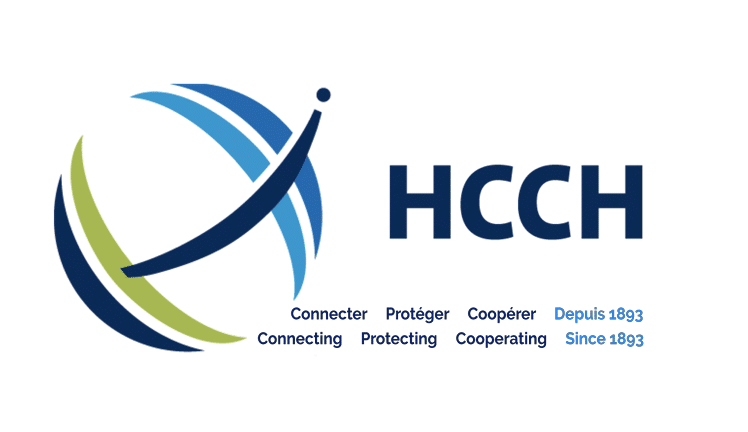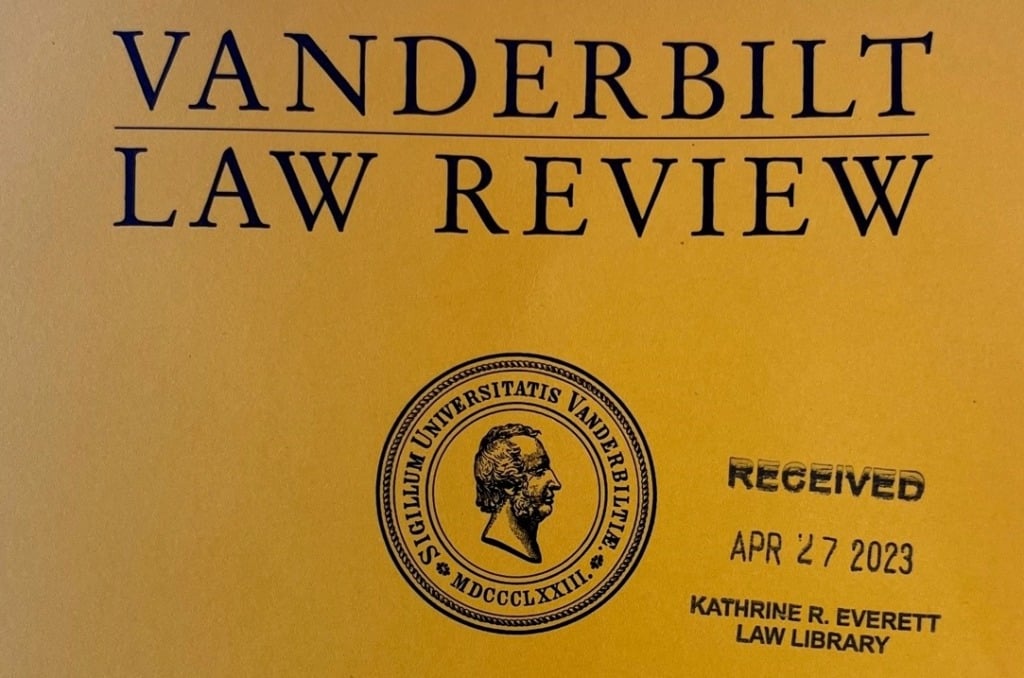Another Thoughtful Decision Limiting Email Service
The interplay between Rule 4(f) and the Hague Service Convention (HSC) is intricate and challenging. In a recent order, U.S. Magistrate Judge Diana Song Quiroga of the Southern District of Texas said a lot of smart things about this interplay that bear repeating by other district courts. Three Cheers The judge denied a request in…
Continue ReadingThird Circuit Addresses Email Service under the Hague Service Convention
A new decision by the Third Circuit, SEC v. Lahr, correctly analyzes the tricky question of email service under the Hague Service Convention. The court’s clear explanation will be of great help to district courts across the country, which remain divided on this question. Unfortunately, the Third Circuit chose not to publish its decision, so…
Continue ReadingA Big Step Forward for Service by Email under the Hague Service Convention
The Special Commission on the practical operation of the Service, Evidence, and Access to Justice Conventions has just completed its 2024 meeting and, at last, taken on the issue of service by email under the Hague Service Convention. Its conclusions are welcome and should have a significant influence on U.S. courts’ decisions, which in recent…
Continue ReadingDesperately Seeking Interlocutory Appeal
Despite some excellent opinions correctly interpreting the Hague Service Convention (HSC) and Rule 4(f)(3) in recent years, the district courts continue to be deeply divided on recurring questions of international service of process, in particular the permissibility of service by email or by other electronic means. Bill Dodge and I think such questions are clearly…
Continue ReadingNew Decision on Email Service Under the Hague Service Convention
Regular TLB readers may recall that federal district courts are struggling with an important procedural question: whether they may authorize email service when the defendant resides in a country that is party to the Hague Service Convention. In Smart Study Co. v. Acuteye-U.S., Judge Gregory H. Woods (SDNY) held that the answer is no. The…
Continue ReadingPreliminary Injunctions and the Hague Service Convention
In Whirlpool Corporation v. Shenzhen Sanlida Electrical Technology Company, the Fifth Circuit addressed the interaction between the Hague Service Convention and the preliminary injunction. Briefly, Whirlpool sued Shenzhen in the Eastern District of Texas for trademark and trade dress infringement related to Whirlpool’s “iconic” KitchenAid mixer. (Much like a prior Seventh Circuit case, this one…
Continue ReadingNew Scholarship on the Hague Service Convention
Thomas G. Vanderbeek recently published a note in the Vanderbilt Law Review that considers whether and to what extent parties should be permitted to “contract around” the Hague Service Convention (HSC). The conventional wisdom holds that the best way to avoid the HSC is to appoint a local agent to receive service of process. Once…
Continue ReadingFurther Developments in Smart Study
TLB has been following Smart Study v. Happy Party-001, a Chinese counterfeiting case in the Southern District of New York, since Judge Gregory Woods issued his thoughtful opinion last summer concluding that service by email on Chinese defendants is not permitted by the Hague Service Convention (a decision we covered in a prior blog post)….
Continue ReadingThe Impossibility of Serving Russian Defendants
The Hague Service Convention is a blessing and a curse. By obligating each country that has joined to designate a Central Authority for effectuating service of process on defendants within its territory, the Convention provides a means of service that respects foreign sovereignty, complies with federal rules, and helps ensure the enforceability of resulting judgments….
Continue Reading- « Previous
- 1
- 2
- 3
- 4
- Next »






